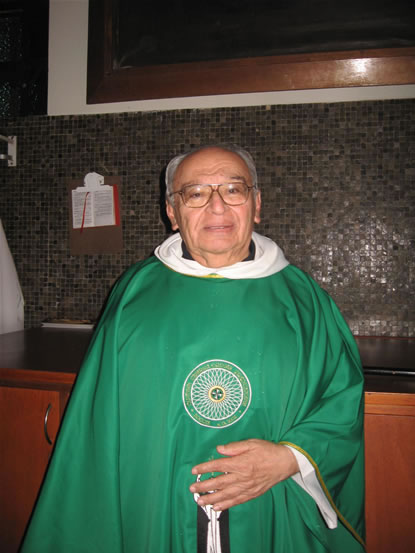Gustavo Gutiérrez Merino: Frases en inglés
Fuente: A Theology of Liberation - 15th Anniversary Edition, Chapter Nine, Liberation And Salvation, p. 91-92
Conclusion, p. 174
A Theology of Liberation - 15th Anniversary Edition
"to transmit to others the fruits of contemplation"
Fuente: A Theology of Liberation (1971), p. 7
Fuente: A Theology of Liberation (1971), p. 48
Fuente: A Theology of Liberation - 15th Anniversary Edition, Chapter Nine, Liberation And Salvation, p. 97
Fuente: A Theology of Liberation - 15th Anniversary Edition, Chapter Four, Different Responses, p. 34
Fuente: A Theology of Liberation - 15th Anniversary Edition, Chapter Thirteen, Poverty: Solidarity And Protest, p. 165
Fuente: A Theology of Liberation (1971), p. 12
Fuente: A Theology of Liberation (1971), p. 13
Fuente: A Theology of Liberation (1971), p. 12
Fuente: A Theology of Liberation - 15th Anniversary Edition, Chapter Eight, Statement Of The Questions, p. 72
Fuente: A Theology of Liberation (1971), p. 91
Fuente: A Theology of Liberation (1971), p. 110
Fuente: A Theology of Liberation - 15th Anniversary Edition, p. 21
Part 1, Theology And Liberation, p. 1
A Theology of Liberation - 15th Anniversary Edition
“Reason has, especially today, many other manifestations than philosophical ones.”
Fuente: A Theology of Liberation - 15th Anniversary Edition, Chapter One, Theology: A Critical reflection, p. 5
Introduction: Expanding The View, p. xxiv
A Theology of Liberation - 15th Anniversary Edition
“The building of a just society means overcoming every obstacle to the creation of authentic peace.”
Fuente: A Theology of Liberation - 15th Anniversary Edition, Chapter Three, The problem, p. 31
Fuente: A Theology of Liberation - 15th Anniversary Edition, Chapter Eleven, Eschatology And Politics, p. 125
“Through the persons who explicitly accept his Word, the Lord reveals the world to itself.”
Fuente: A Theology of Liberation - 15th Anniversary Edition, Chapter Twelve, The Church: Sacrament Of History, p. 147
Fuente: A Theology of Liberation - 15th Anniversary Edition, Chapter Six, The Process Of Liberation In Latin America, p. 53
“The Church cannot be a prophet in our day if she herself is not turned to Christ.”
Fuente: A Theology of Liberation - 15th Anniversary Edition, Chapter Seven, The Church In the Process of Liberation, p. 70
Fuente: A Theology of Liberation (1971), p. 11
Fuente: A Theology of Liberation - 15th Anniversary Edition, Chapter Five, Crisis Of the Distinction Of Planes Model, p. 40
Fuente: A Theology of Liberation (1971), p. 65
